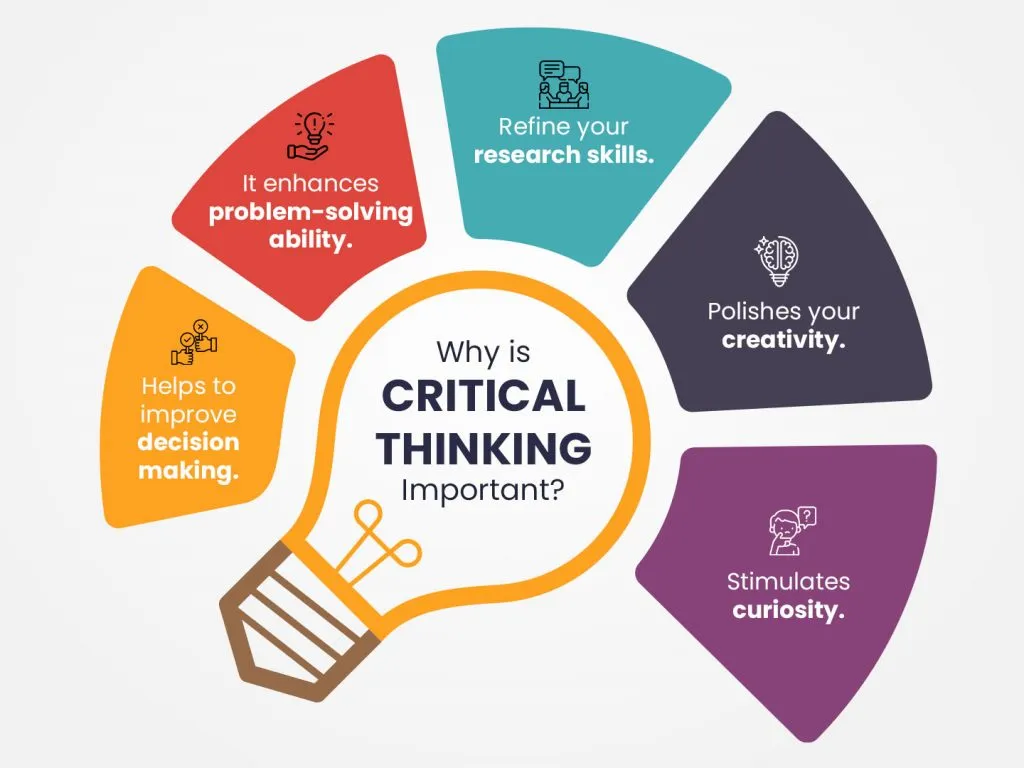Critical thinking refers to the ability to think rationally and understand the logical connection between concepts. It pertains to assessing arguments, identifying bias, and using logical reasoning to tackle issues. These are life skills that are necessary for one to thrive both personally and in their career.
In a society that is now filled with propaganda, critical thought helps people arrive at informed conclusions. Be it a political article or a decision to move to a new city, critical thinking will ensure that rationale rather than appreciation, emotion, or guesswork drives the decision-making process.
The Importance of Critical Thinking
Critical thinking is both a skill and an obligation sweeping through the help of the system targeting people now. Critical thinking is a welcomed quality in any professional environment and employers do not mind investing in staff that has such capabilities as they can figure things out, figure the steps as well as the end result, and figure out the possible problems and their solutions.
For students, cultivating critical thinking skills enhances learning, increasing academic achievement, and comprehension of the complicated factors taking place rather than simple memorization needed. In daily use, such skills improve people’s engagement in relationships and activities, consuming the right amount of media, and making the right decisions about themselves or even more general about the world.
Critical Thinking in Education
For students, an important and beneficial component of the education system is the development of their critical thinking skills. In primary, secondary and tertiary educational institutions, students are being taught to think critically by questioning the given assumptions, analyzing the evidence, and developing reasoned conclusions.
These skills can be particularly well-practiced in the subjects of philosophy, debate and science. However, it is vital that children are not only told what to think, but how. Such an approach , helped most of all by dividing students into groups , led to creative thinking and interest into the problems presented.
Critical Thinking in the Workplace
At the workplace, critical thinking skills assists professionals in addressing challenges and being creative in the process. Employers require such individuals who are capable of examining the data, providing effective communication, and offering solutions for the given problems. To illustrate, it is clear that a member of the marketing team who looks at the available trends for evaluating consumer behavior and predicting the needs that they have will be of great help to the organization.
In the same way leadership in the organization also requires the application of critical thinking since it makes a big difference on how decision making is undertaken in respect to time constraints with regard to the success of any project or an organization.
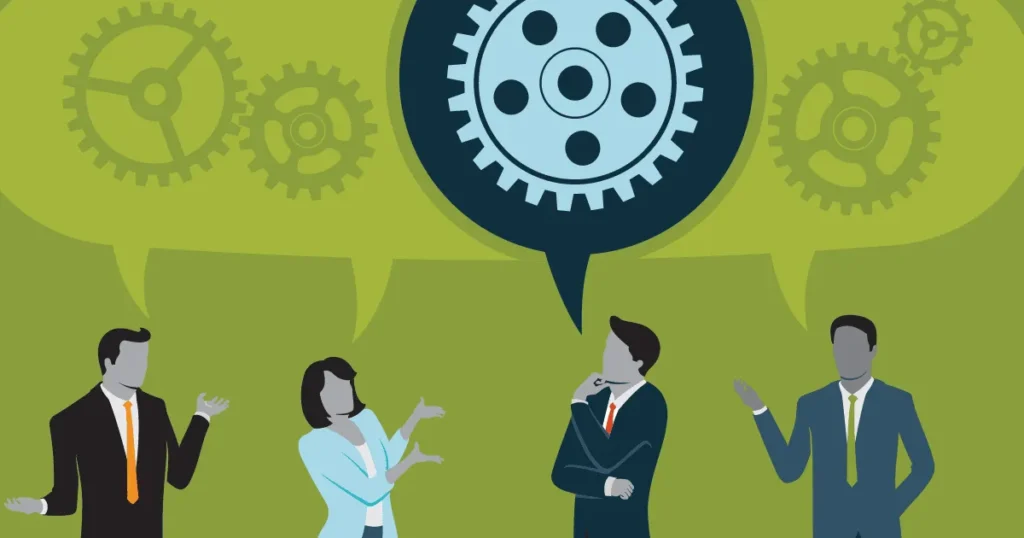
Key Components of Critical Thinking Skills
There are a few key components based on which critical appraisal can be built. These components, when understood and mastered, are beneficial in creating a more systematic method of resolving issues and making decisions.
Analysis
As previously stated, this is where critical thinking begins – analysis. In its simplest form, analysis is disintegration into parts and integration explains how these parts come together.
This means that analysis is the ability to break down arguments or any event into supporting causes. A robust analysis nurtures better comprehension of the subject, hence more valid assertions can be made.
Interpretation
Bearing in mind that analysis and interpretation are two sides of the same coin. Once the pieces into which an argument or a problem has been decomposed have been formed, they have to be interpreted. This is the act of organizing information in a way that includes pattern-making, clue connection, and meaning-making from the given data.
A person must be skilled at interpreting information, whether it be a scientific report or even a personal issue, so that he or she can come up with the most appropriate resolution.
Evaluation
Evaluation is the act of sifting through data in order to determine the quality of the information evaluated. Not every source is useful; therefore, they are not all equally useful and limits of critical thought shall be evaluated on what sources of information are confronted with. At this point, biases and fallacies are focused on followed by the weighing of the evidence presented.
Because of this, it becomes easier for you to think logically on issues and makes sure you are not influenced by irrational arguments when carrying wrong conclusions.
How to Strengthen Critical Thinking Activities
Listening all the Time
Practically improving critical thinking begins with engaging in active listening. Make it a point to understand what someone is saying rather than rush to cut in or judge anything too soon. When you provide one’s complete attention, more detail is accumulated and further investigation can be more rigorous.
This strategy aids you in organizing information, challenging assumptions, and arriving at better judgments. Active listening improves your thinking capacities when engaging in discussions or addressing challenges.
Seek for any Gaps in Order to Gather Further Information
One of the most powerful tools when it comes to improving critical thinking has to be asking questions. In other words, never accept information or problems as presented. Instead, request for further explanation and use questions like “why” or “how” which, if done tactfully, yield empowering reflections.
This procedure aids in extended reasoning, revealing deeper problems or faulty beliefs in the offing. Appropriate use of questions stimulates improvement in the degree of accuracy of answers or solutions.
Evaluate Evidence Objectively
Considering all the evidence for and against is a logical skill. Moreover, it is important to state that any evidence has to be taken within the context of its source. Do not judge situations based on pieces of information that are not sufficient. Rather, it is better to assess the situation, including the information that is being used, more carefully and from different angles beforehand.
Decisions based on empirical evidence evaluation are the most reasonable ones due to the nature of human rationality.
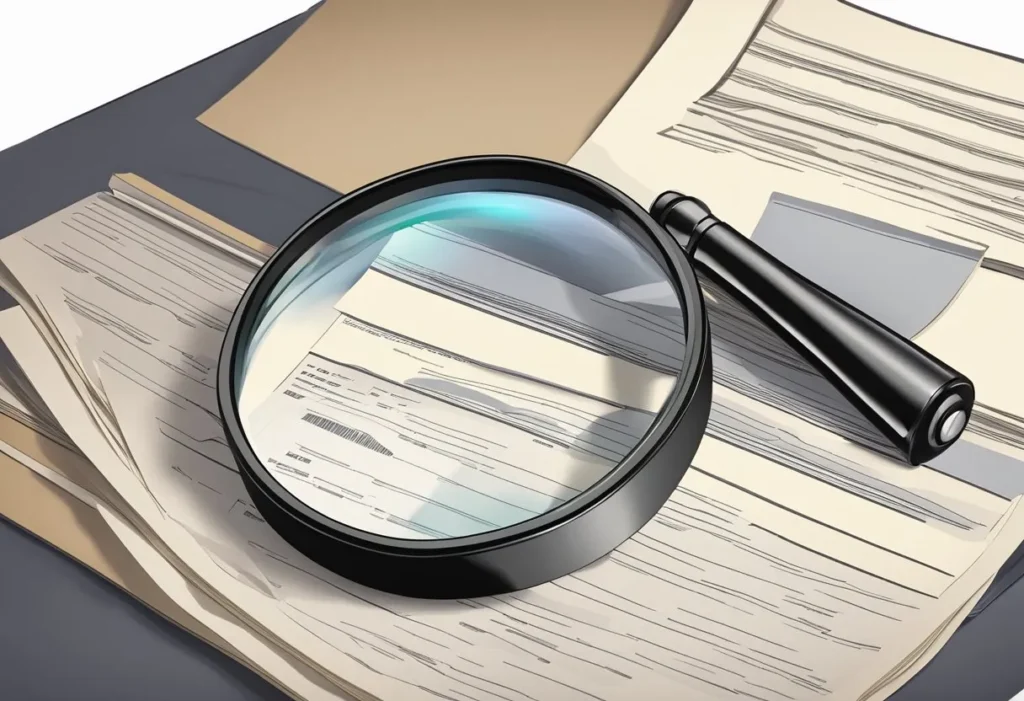
Reflect on Your Own Thinking Process
Self-appraisal is essential in enhancing one’s critical thinking abilities. After making a decision or even after solving a problem, it is helpful to evaluate how you came to such a conclusion. Consider whether you used any history, carried out biased reasoning or made any fallacies in the way you reason.
This is an important self-help strategy to enhance the quality of your thinking as you come to know what needs to change in your thinking patterns. Over time, the habitual manner of self-questioning as related to individual cognitive processes enhances one’s capacity to think critically.
Collaborate and Discuss with Others
Critical thinking can be greatly enhanced by the engagement of others to discuss issues with. Opening conversation with people that hold a contrary opinion provides new ideas and challenges your thinking as well. Discussion in the group invites. Critical thinking skills and the analyzing of issues from various perspectives of how they can be solved.
In working together, you help yourself think in different ways and re-evaluate how you want to solve problems for the better.
Dissolving Barriers to Critical Thinking skills
Appreciating Illusions of Objectivity
Cognitive biases are mental shortcuts that can distort or impair judgment and critical thinking in general. To deal with this challenge, it is important to understand your own bias first. In the case of confirmation bias, the only information sought is the information that supports the assumption held, or in the case of availability bias, one tends to use information that comes readily and easily to them.
It is necessary to internally address all these to properly judge situations. Using these biases, one is centered to partial and subjective judgments. This can be achieved if one practices self-control.
Barring Emotions from Enveloping the Reasoning Process
Emotional reasoning is the excessive reliance on emotional responses to a situation to the extent that decisions, including making conclusions are clouded around a feeling and less about the facts. Although feelings, moods and emotions are very critical in understanding any situation, they may be an impediment to the use of critical thinking if they are in most cases emphasized. To achieve that a person is required to cut the degree of emotional responses that they give to a particular situation under logical examination.
Examine the evidence that has been collected, forgetting the present feelings that one has on the subject. Being able to integrate emotion with logic will allow an individual to think through issues more clearly and make better decisions.
Overcoming Challenges in Information Management.
Despite the positive impacts of the digital era, there exists a challenge of providing so much information that it weighs down one’s critical analysis. One way to do that is to remove any unnecessary details and concentrate on who or what is important. It is useful to learn how to differentiate what counts as useful information and what does not, as this helps in prevention of fallacy in one’s thinking.
In some instances, if you structure and clarify the facts, then you will be able to make intelligent decisions that will not be fragmented, but more concrete. The application of this skill is crucial in enhancing the ability of any person to think critically.
Avoiding Groupthink.
Groupthink also referred to as consensus thinking, or herd mentality, tends to happen when individuals suppress their personal views and start endorsing what other group members are thinking at the time. To avoid this, practice speaking up when you have a different opinion than others, even if there is a possibility that you may be in the minority group.
Ensure that people are free to share their ideas and that there is no fear of conflict in order to have a variety of views. It is possible to stem the perils of groupthink and appreciate independent thinking with the help of others in the promotion of wholistic and objective decision making.
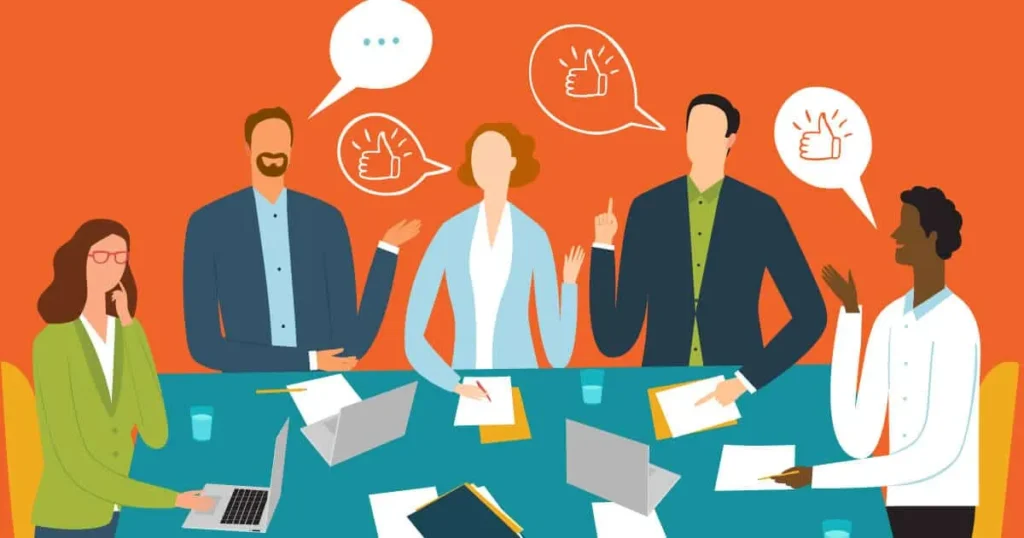
Making Mistakes: No Enough
It’s easy to understand that we can have fears that hinder us from critical thinking. For example, the fear of making mistakes may lead people to make hasty conclusions without considering all possible solutions or to avoid analyzing the problems thoroughly. If we do not seek to behave, we do not do this. Get quite strapped As in any other school situation, children do not want to make mistakes.
You see It is bad to hesitate because of fear of condemnation or failure, but rather learn from every experience. This mindset fosters an increased risk of failure in mindful experimentation, which is a critical aspect in developing stronger critical thinking skills with time.
The Finger-Powered Perspective on Critical Thinking in Real Life
What is the Link Between Decision-Making and Problem Solving Skills and Critical Thinking
Critical thinking is one of the most fundamental processes in making decisions and solving problems in every day activities. This means that you can assess different alternatives, envisage their consequences and choose the best one. For instance, in works you may consider which career to pursue or if there is any home problem, you may consider resolving critically, you may consider to or not to try.
You search for reasons and then only act because you have understood that there is no need for wasting time. This ability avails you with the power to make decisions that reaps benefits consistent with the objectives you wish to achieve in life.
Improving Communication
Effective critical reasoning is essential in achieving effective communication. It emphasizes mounding with facts other than mere emotions. It also involves greater awareness of what others are saying and enhances the possibility of productive conversation.
Such logical processes allow not only reasoning mastery but also presenting the verbal evidence with all the details of the argument. It promotes respect for each other and their views during any form of interaction as well.
Using Media and Information
Critical thinking is necessary for distinguishing reliable and valid information from a plethora of unuseful information available today. It helps in determining the validity of information found in news, social media, or advertisements. Without this capacity, one may easily take in wrong information or be influenced by unbalanced information.
This line of thinking promotes critical thinking, wanting to look into things deeper and hence make decisions on what one wants to believe or seek out. Understanding whom to question and verifying certain pieces of information can turn one into a better information extractor.
Strengthening Connections
Aside from this, critical thinking broadens one’s personal relations by reinforcing understanding and empathy. When you tackle conversations and arguments in a critical mode, you appreciate how other people feel. This makes it easier to work through conflicts with more rational thinking and less emotional pressure.
More broadly, critical thinking means being appropriately direct when necessary, getting to the problem without expecting resolution rather than closure, and fostering effective interdependencies with kin and colleagues. This is an important skill for relationships.
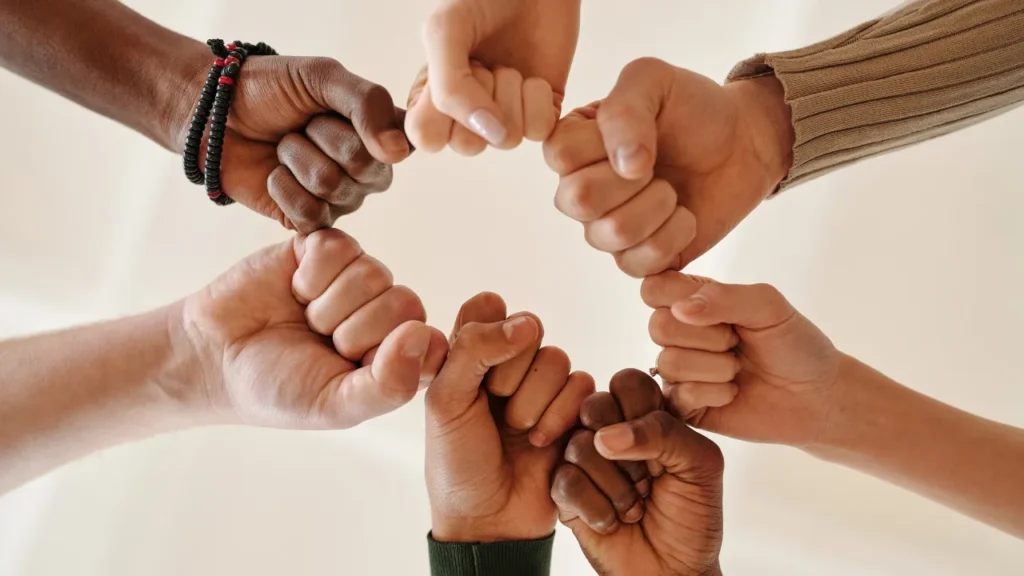
Financial FL Planning and Understanding
Moreover, the ability to make reasonable financial choices is supported by critical thinking. This enables you to look at the advantages and disadvantages of certain investments, places to save, and even some purchases. If one analyses how he or she is spending and how much is required to reach certain goals one can be more economical and save for their future.
Hence, instead of making knee-jerk reactions to sales and other fads, critical thinkers comprehend the effects on oneself after taking into consideration selling products or services, which brings better control over finances. It’s an important skill for keeping control over finances and not slipping into loans.
Conclusion
Critical and analytical thinking is essential as it allows individuals to think critically, reason well, solve problems effectively, and live their lives to the fullest with less stress. It is possible for anyone to sharpen their critical thinking abilities by recognizing its basic elements, doing it frequently, and dealing with the protector against biases.
Whether at school, work, or at home, improvement of these skills ensures that people make better decisions, are able to convey their ideas in a clearer manner and comprehend their environment better.
FAQs on Critical Thinking skills
Q: What are the critical thinking skills?
A: Critical thinking skills involve analyzing collected information, explaining it, and making independent judgments based on the facts.
Q: Why is critical thinking important?
A: Critical thinking improves problem-solving, decision-making, and reasoning abilities, both in personal life and professional settings.
Q: How can I improve my critical thinking?
A: Practice inquiry, engage in debates, play strategy games, and recognize personal biases to enhance your critical thinking skills.
Q: Why do students need to learn critical thinking?
A: Critical thinking helps students evaluate information effectively, leading to better learning, understanding, and academic achievement.
Q: How is critical thinking relevant in day-to-day life?
A: Yes, critical thinking aids in making informed decisions, analyzing media content, and resolving conflicts in relationships.

Russell F. Jones, holding a Master in psychology from the University of Florida. He writes for Smart Parent Solutions, offering practical advice on parenting and child development. His engaging content helps parents navigate family life with confidence and ease. Russell enjoys sharing his knowledge and spending quality time with his family.
